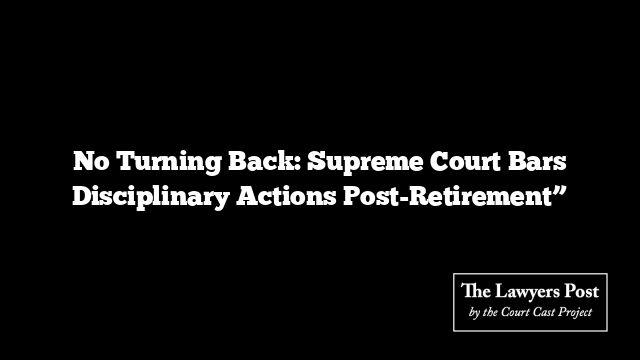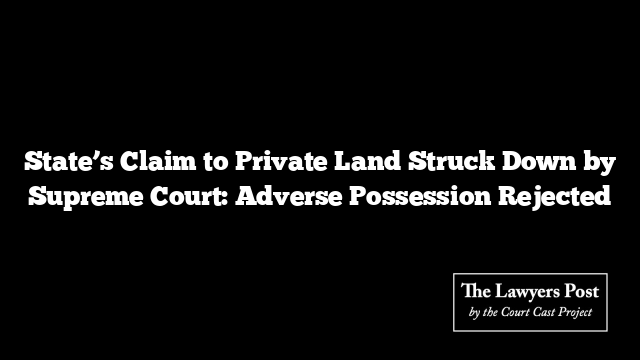In a landmark decision, the Supreme Court declared that disciplinary actions initiated after an employee’s retirement or the completion of their extended service term are invalid. This ruling emerged from a case involving a bank employee whose disciplinary proceedings commenced after his official service period ended.
The bench, comprising Justice Abhay S. Oka and Justice Ujjal Bhuyan, emphasized that disciplinary proceedings can only be initiated during an employee’s active service period. While proceedings already underway before retirement may continue post-retirement under specific provisions, new actions post-retirement lack legal validity.
The case concerned an employee who began his career with the State Bank of India (SBI) in 1973 and was due for retirement in 2003. His service was extended until October 2010 for operational reasons. A show-cause notice was issued in 2009, but formal disciplinary charges were filed only in March 2011—well after his extended service term had ended.
The bank argued that the proceedings were valid since the initial notice was issued before the employee’s extended service ended. However, the employee contended that under Rule 19(3) of the SBI Officers’ Service Rules, disciplinary actions must begin within the service period to be lawful.
The Court sided with the employee, affirming that disciplinary proceedings commence only when a formal charge sheet is filed. Actions initiated after an employee’s retirement or extended service term are “non-est in law,” meaning they hold no legal standing. The Court also clarified that proceedings initiated before retirement are legally considered a continuation of the employee’s service for the purposes of concluding such actions.
Dismissing the bank’s appeal, the Supreme Court directed the release of all pending dues to the respondent within six weeks, reinforcing the principle that employers must act within the boundaries of an employee’s service period to enforce disciplinary measures effectively.





